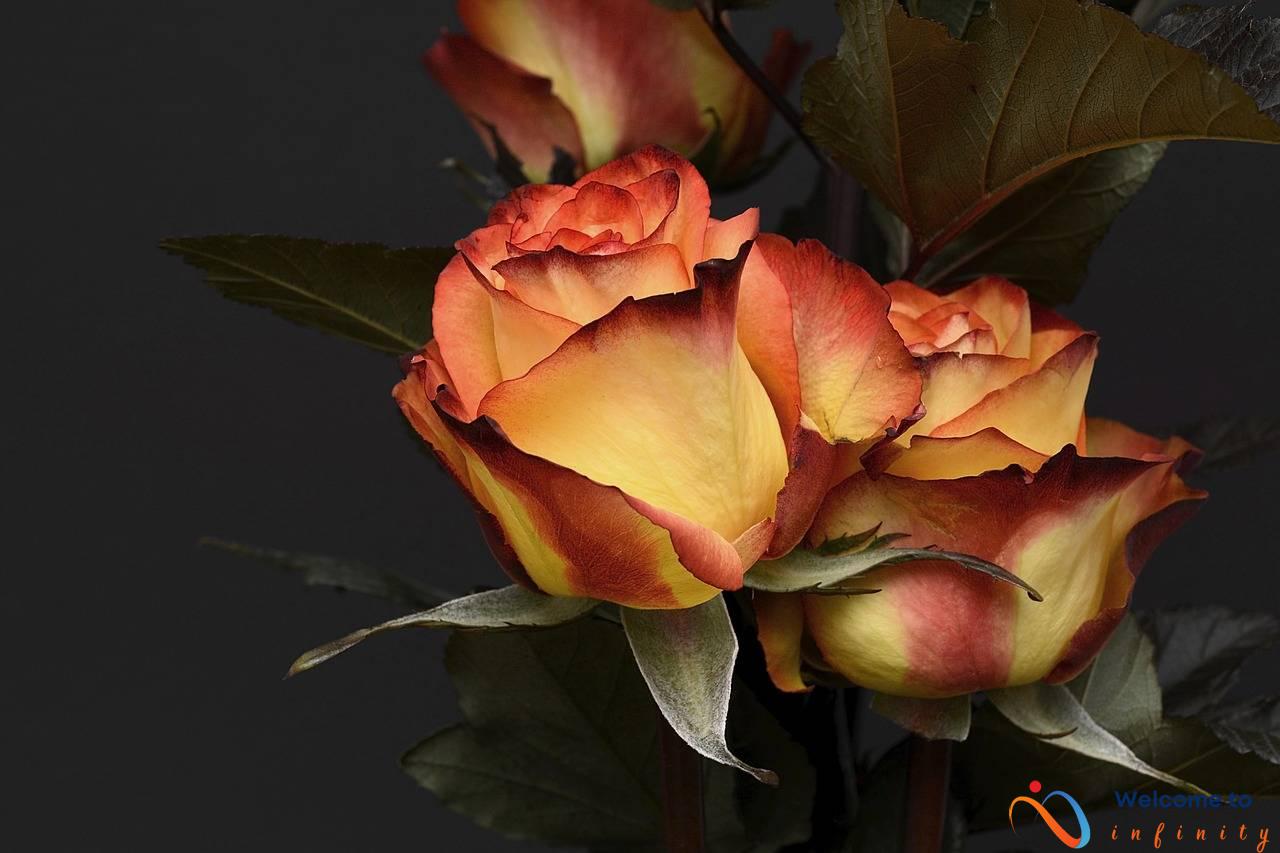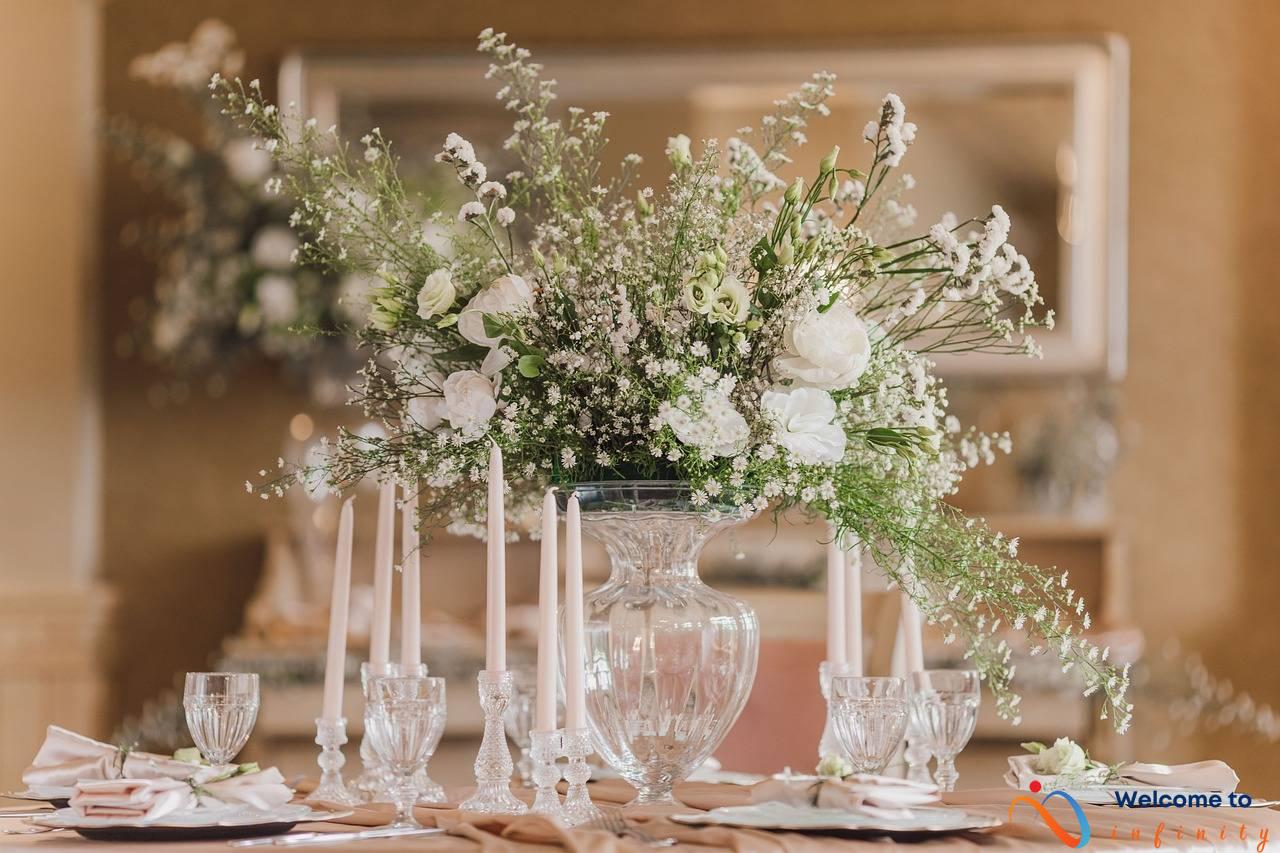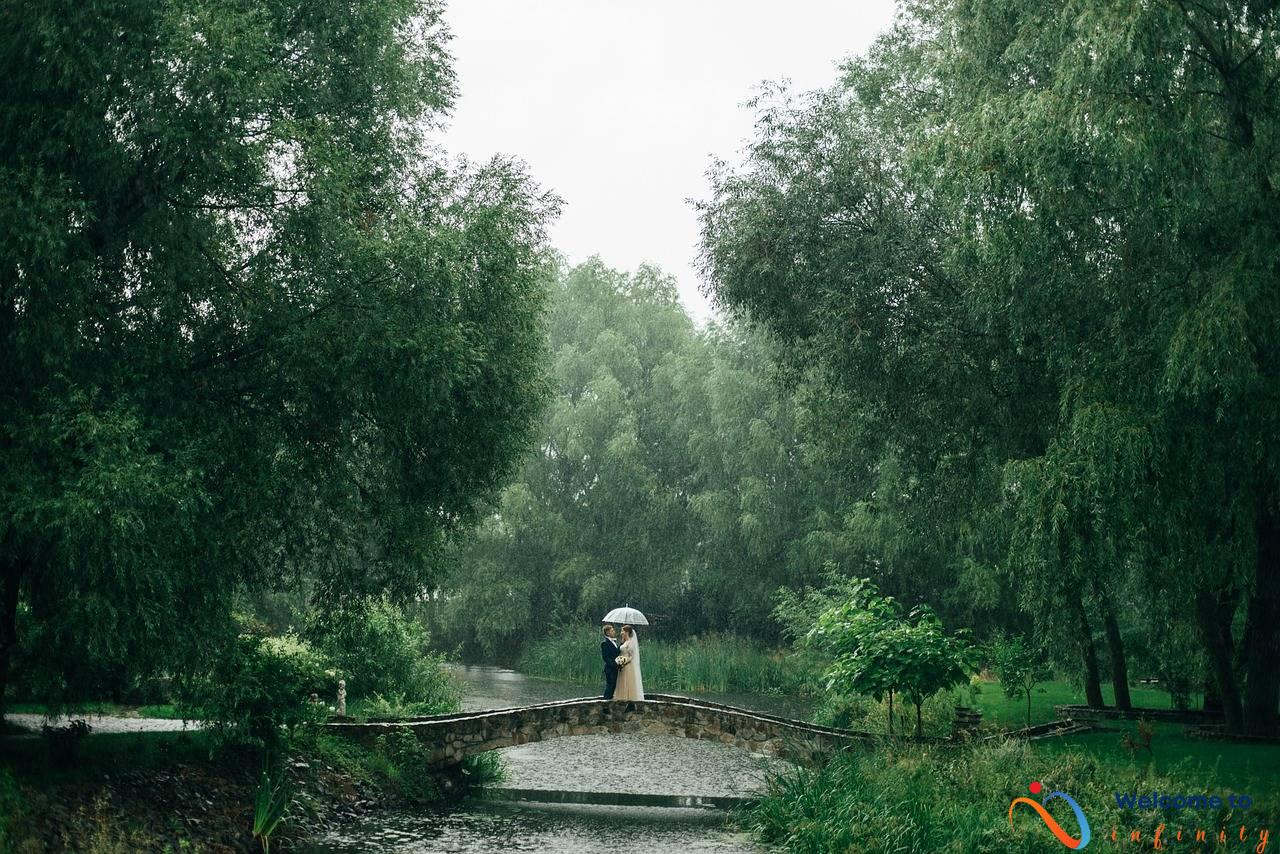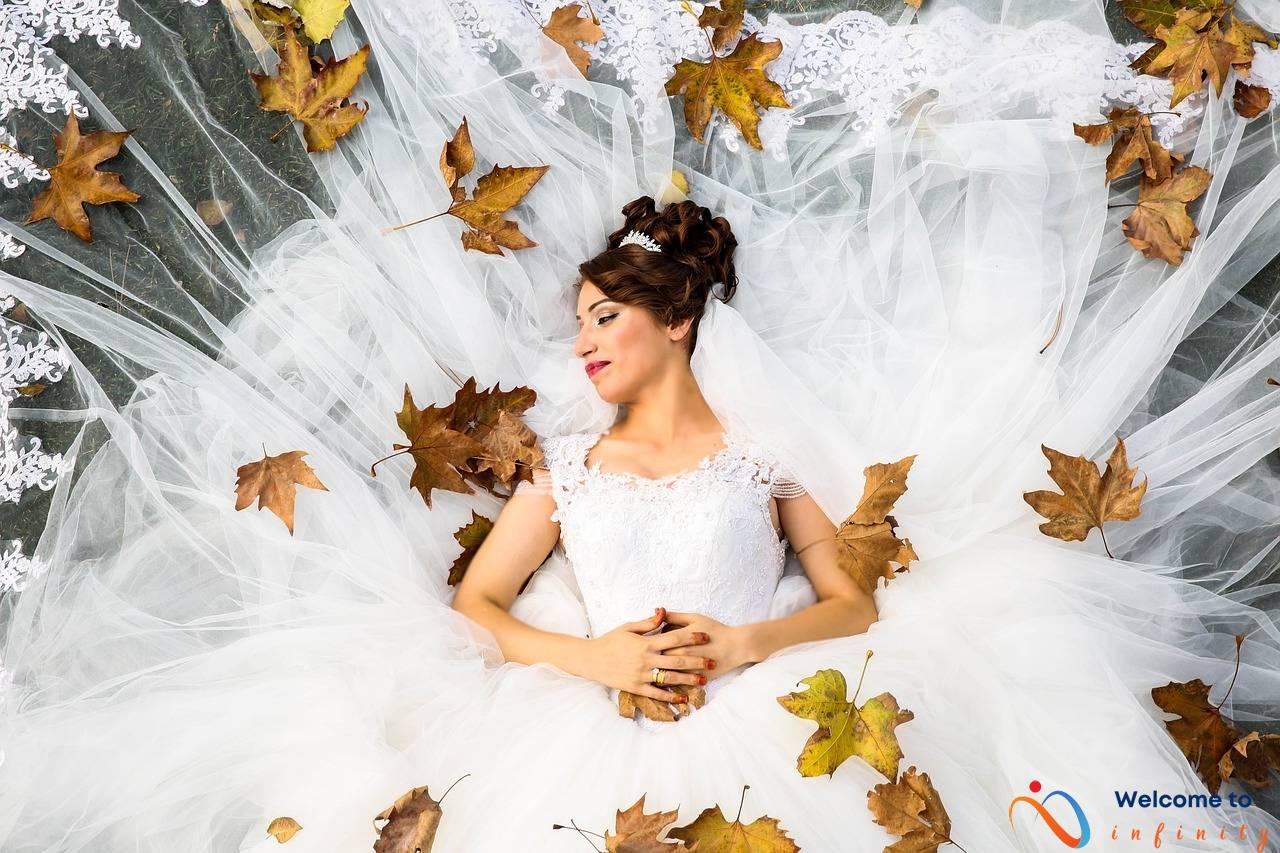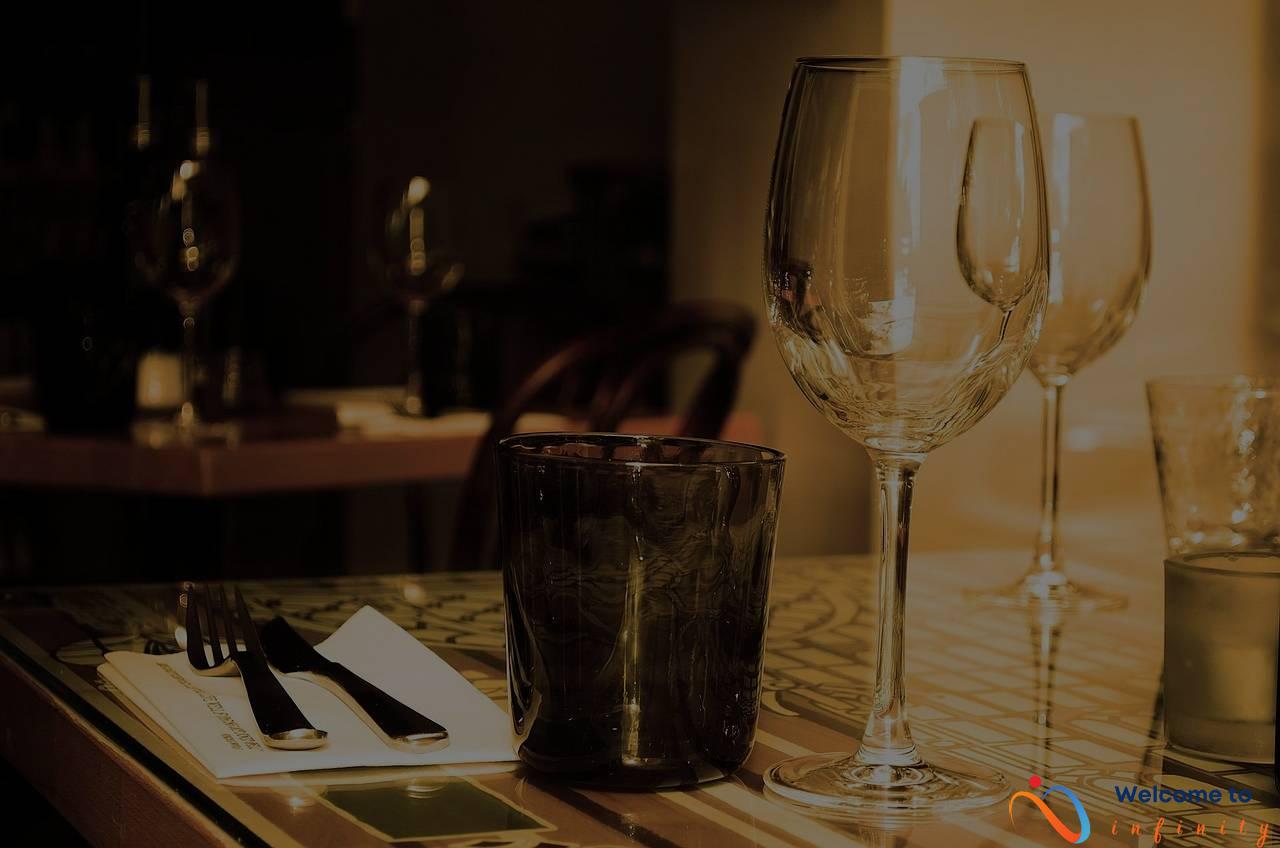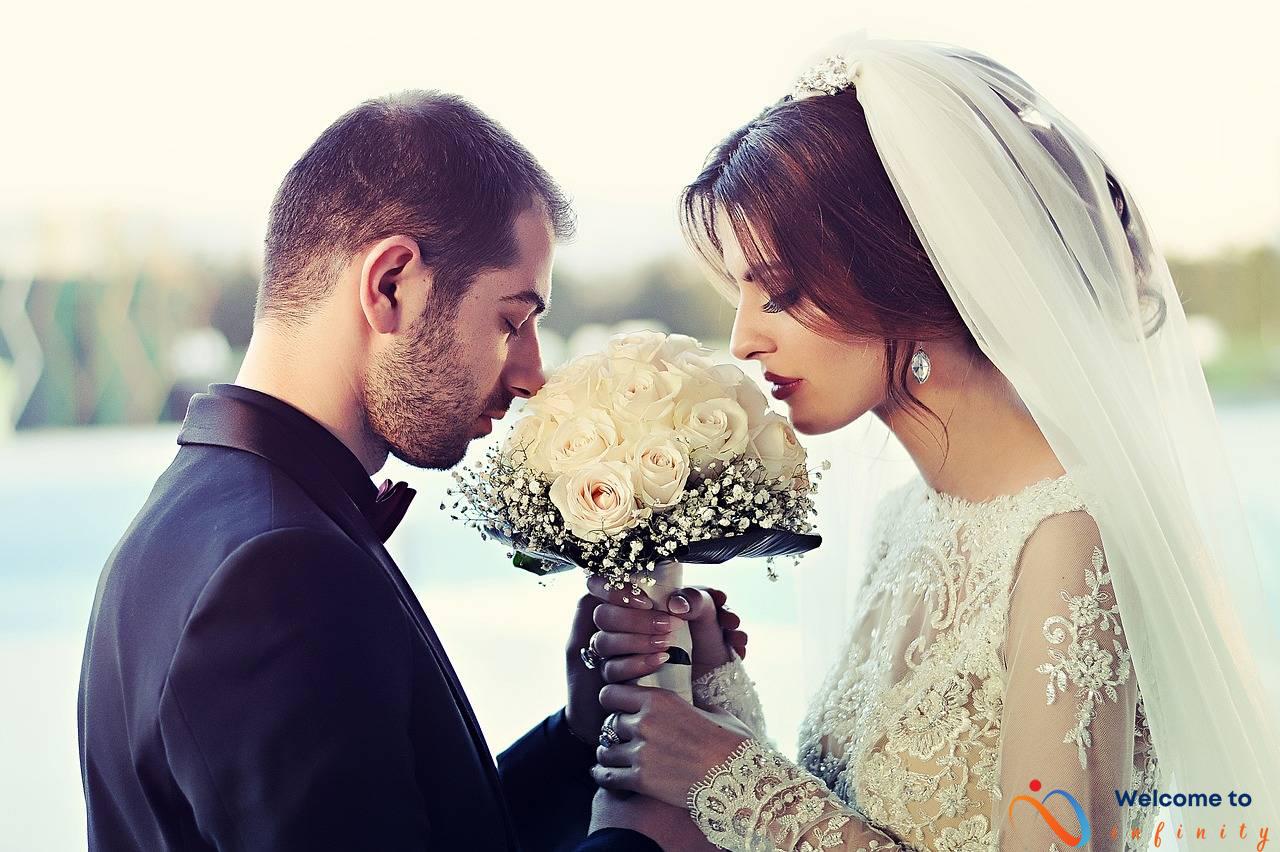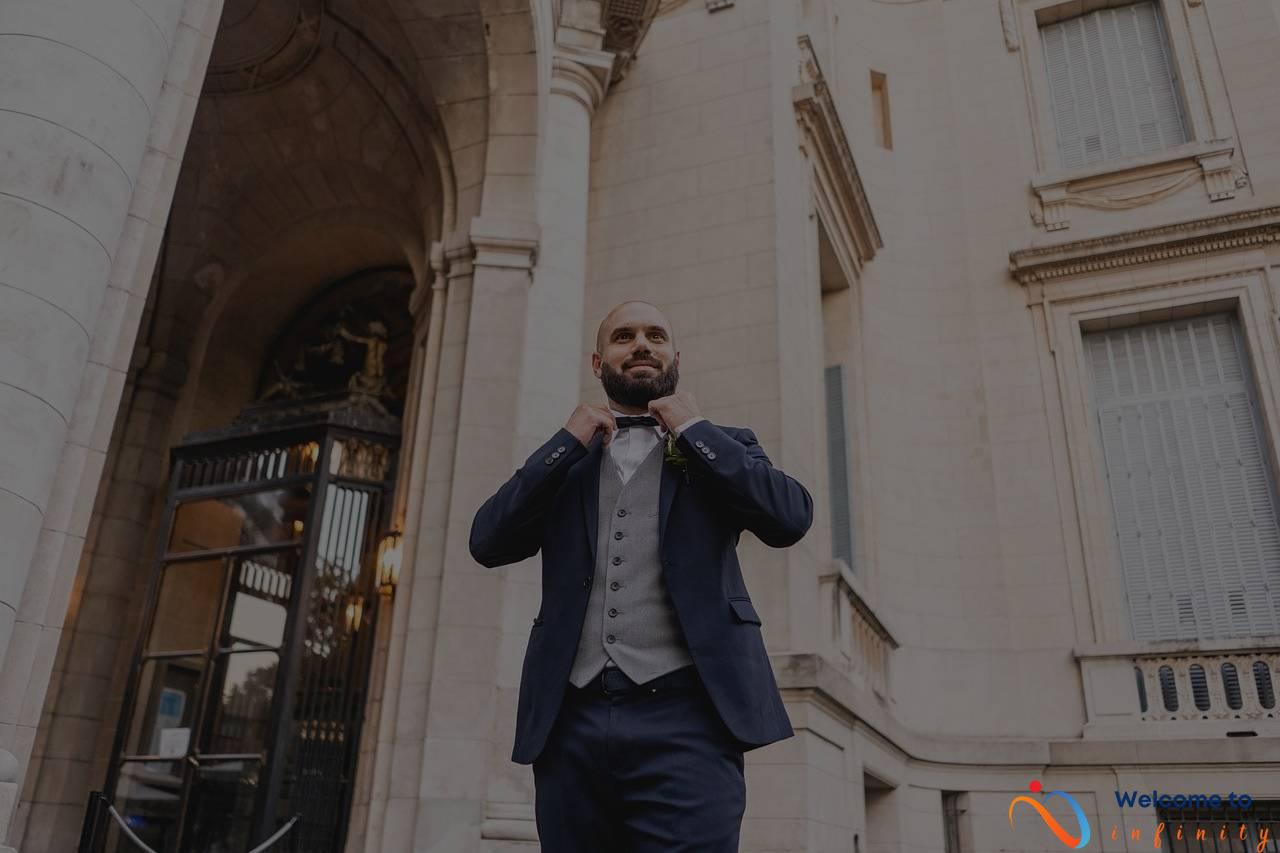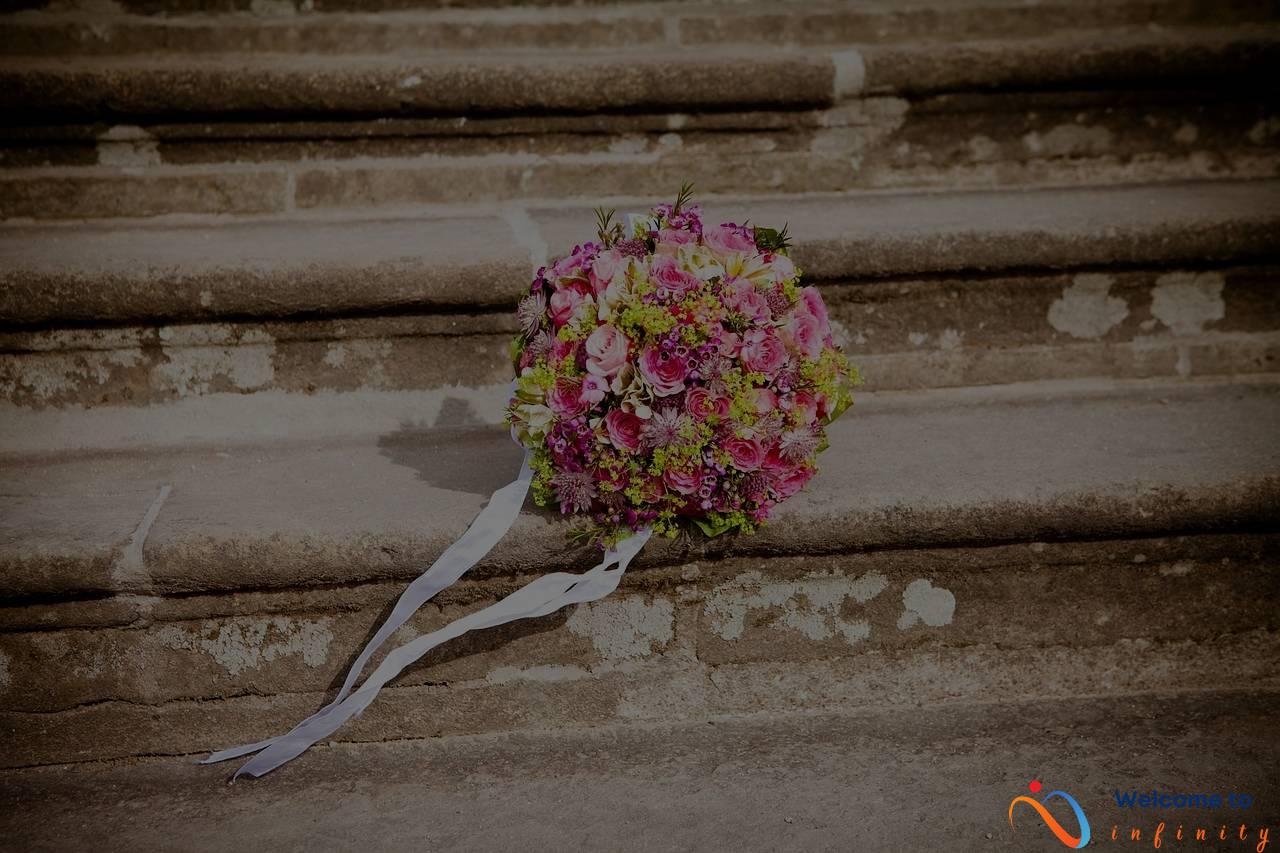Your wedding day is one of the most memorable and important days of your life. Choosing the perfect words for your wedding invitations can be a daunting task, but it is important to get it just right. Your invitation sets the tone for your big day and gives your guests a glimpse into your love story. Follow our helpful tips to choose the perfect wedding invitation wording that reflects your love and sets the stage for your dream wedding.
One of the most important things to consider when choosing your wedding invitation wording is your wedding theme. Your invitation should match the theme of your wedding to create a cohesive look and feel from the moment your guests receive their invitations. Whether your theme is beachy and relaxed or elegant and formal, your invitation wording should reflect the tone of your wedding.
It is also important to honor your families in your invitation wording. Recognize your parents by including their names on the invitation, especially if they are contributing to the wedding. Respect cultural traditions and etiquette by using appropriate titles like Mr. and Mrs. or Dr. Also, including wording that pays tribute to your families and their role in your love story is a great way to show your appreciation and gratitude for their love and support.
- Match your wedding invitation wording to your theme
- Include your parents' names and honorific titles
- Pays homage to your families and their role in your love story
Your wedding invitation should also highlight your unique love story. Share your engagement story and the journey leading up to your wedding day with personal touches in your invitation wording. Use heartwarming language that expresses your love and commitment to each other in a way that feels genuine to your unique relationship.
Don't forget to provide clear details such as date, time, location, dress code, and RSVP information in your invitation wording. Consider including a map or directions to help guests easily find the venue. Proofread and edit your invitation wording carefully to ensure that it is error-free before sending them to print. The right words can make all the difference in setting the tone for your dream wedding day.
- Share your engagement story
- Express your love and commitment
- Provide clear wedding details and supplementary materials
Consider Your Wedding Theme
Your wedding invitations are more than just a piece of paper, they set the tone for your entire wedding day. One way to ensure a cohesive look and feel for your wedding is to match your invitation wording to your wedding theme. Your wedding theme may be a color scheme, a style, or even a destination. Use your invitation wording to convey the overall vibe and aesthetic of your wedding.
For example, if you're planning a beach wedding, consider incorporating ocean-inspired language in your invitation wording. You might use phrases like “sea you there” or “tying the knot by the shore”. Likewise, if you're having a formal wedding, use more traditional language and honorific titles. Your invitation wording should reflect the formality and elegance of the event.
- If your wedding is more rustic or boho, consider using more natural language and incorporating floral or woodsy imagery into your invitation design.
- If you're having a destination wedding, use language that reflects the culture and vibe of the location. This could mean using local words or phrases or incorporating landmarks or symbols in the invitation design.
Matching your invitation wording to your wedding theme will create a cohesive and memorable experience for your guests. It's important to choose words that accurately reflect the atmosphere you're trying to create for your big day.
Honor Your Families
Your family has been an integral part of your love story. Honor them with special wording on your wedding invitation. You can pay tribute to both sides by mentioning their names, or simply thanking them for their love and support.
Including the names of your parents on the wedding invitation not only honors them, but also makes the invitation more personal. If your parents are contributing to the wedding, this is a great way to recognize and thank them.
Respect cultural traditions and etiquette by using appropriate titles. Honorific titles, such as Mr. and Mrs., Dr., and Ms., are a great way to show respect for your older family members.
Consider including a line that recognizes the contributions of your families, such as “Together with our families, we invite you to share in our celebration of love.”
Remember to keep the tone of the wording warm and sincere. Your family will feel appreciated and special, and your invitation will be a beautiful reflection of your love story.
Include Parent Names
When it comes to your wedding, it's important to honor your families and the role they have played in your love story. If your parents are helping with wedding expenses or have been instrumental in your relationship, consider including their names on the invitation. This is a great way to recognize their contributions and show your appreciation.
Depending on your family dynamics, there are different ways to include parent names on the invitation. If both sets of parents are contributing equally, you can use a format such as:
| Together with their parents, |
| [Bride's name] and [Groom's name] |
| request the pleasure of your company… |
If one set of parents is contributing more, you may want to list them first, such as:
| Mr. and Mrs. [Bride's father] and Mr. and Mrs. [Groom's father] |
| request the pleasure of your company… |
It's also important to consider any family dynamics and potentially sensitive situations. If there are divorce or remarriage situations, consider listing names separately rather than combining them. For example:
| Mr. John Smith and Mrs. Jane Smith |
| and |
| Mr. Michael Johnson and Mrs. Elizabeth Johnson |
| request the pleasure of your company… |
Ultimately, including parent names on the invitation is a personal choice, and there is no one-size-fits-all solution. You can work with your wedding stationer or use online templates to find the best wording that suits your style and family situation.
Use Honorific Titles
‘Mr. and Mrs.' or ‘Dr.'
When it comes to wedding invitations, it's important to use honorific titles to show respect and follow cultural traditions and etiquette. When addressing guests, use their appropriate titles, such as ‘Mr.', ‘Mrs.', or ‘Dr.', depending on their profession. If you're unsure of someone's title, it's always a good idea to ask.
It's important to be consistent when using honorific titles in your wedding invitations. If you choose to use titles for one guest, make sure to use them for all guests. In addition, consider adding ‘and Family' after the last name if children are invited.
Using honorific titles in your wedding invitation is a simple way to show respect and create a formal tone for your big day. Don't forget to include all necessary details and proofread carefully before printing.
Mr. and Mrs.
When addressing your wedding invitation, it's important to use appropriate titles and honorifics. For a married couple, the proper way to address them is “Mr. and Mrs. John Smith.” If the wife has kept her maiden name, it's appropriate to use “Mr. John Smith and Ms. Jane Johnson.” For unmarried couples, use “Ms. Jane Johnson and Mr. John Smith.” If the couple has different professions, use titles appropriate for their professions, such as “Dr. Jane Johnson and Mr. John Smith.” Be sure to use the same format for all invitations to avoid confusion.
or
When choosing the perfect wedding invitation words, it's important to consider your wedding theme. Your invitation sets the tone for your big day, and matching your wording to your theme can create a cohesive and beautiful look. For example, if you're having a rustic wedding, you might want to use more casual language and include imagery of wood or nature in your invitation design. On the other hand, if you're having a formal wedding, you might want to use more traditional language and a sleek, elegant design. Whatever your theme, make sure your wording complements it by using appropriate language and imagery.
In addition to considering your wedding theme, it's important to honor your families in your invitation wording. Including wording that pays tribute to your families and their role in your love story can make your invitation even more meaningful. One way to do this is by recognizing your parents on the invitation, especially if they are contributing to the wedding in some way. You can also use honorific titles, such as Mr. and Mrs. or Dr., to show respect for cultural traditions and etiquette.
Of course, your invitation should also highlight your love story and express your love and commitment to each other. Use personal touches in your wording to tell your guests your unique story, such as by sharing details about how you got engaged or your journey to the wedding day. Additionally, express your love and commitment to each other in a heartfelt way that truly captures the essence of your relationship.
Finally, make sure to provide all necessary details in your invitation wording, such as the date, time, location, dress code, and RSVP information. Consider including a map or directions with the invitation to help guests easily find the venue. And be sure to proofread and edit your wording carefully before sending it to print, to ensure that it is error-free and truly perfect. By following these tips, you can create wedding invitation wording that perfectly captures the love and excitement of your big day.
Dr.
When addressing an invitation to someone with a doctoral degree, it is appropriate to use the honorific title of “Dr.” before their name. This not only shows respect for their accomplishments but also follows traditional etiquette. However, it is important to note that the use of “Dr.” can be ambiguous and may cause confusion since it can refer to medical doctors, PhD holders, or other types of doctors.
If the person with a doctoral degree prefers to be called something other than “Dr.,” such as by their first name, it is important to respect their preference. When in doubt, it is best to ask them directly how they prefer to be addressed. Additionally, if only one person in a couple holds a doctoral degree, it is appropriate to only use “Dr.” before their name and not their partner's.
In summary, using “Dr.” as an honorific title is a sign of respect but should be used appropriately and with consideration for the individual's preference. Always double-check with the recipient to ensure you are addressing them correctly and to avoid any unintentional offense.
Your wedding invitation is your guests' first glimpse into the style and tone of your wedding. To make sure your invitation accurately reflects your wedding, coordinate your wording with your wedding theme. For example, if you're planning a rustic outdoor wedding, choose a casual, relaxed tone for the invitation wording. On the other hand, if you're planning a formal ballroom wedding, choose sophisticated and elegant language.
Your invitation design should also match your wedding theme. For instance, if you're having a beach wedding, you can create a design that incorporates seashells, starfish, or other nautical elements. Or if you're having a fall wedding, you might use autumnal colors and motifs such as leaves or pumpkins.
Using a consistent theme throughout the invitation wording and design will create a cohesive look and feel for your wedding, which will be appreciated by your guests. Consider using lists or tables to outline your wedding theme and coordinate the wording with your chosen design components.
Highlight Your Love Story
Your wedding day is a celebration of your love story, so why not share it with your guests through your invitation wording? Adding personal touches and unique details to your wedding invitation will make it even more special. Here are some tips for highlighting your love story:
- Incorporate your engagement story: Let your guests in on how you got engaged by including a brief summary in the invitation wording. It provides a sweet insight into your love story and gets your guests excited for the big day.
- Use romantic language: Express your love and commitment to each other in a heartfelt way. Consider using poetic language or a quote that represents your relationship.
- Show off your personalities: Make sure to add a personal touch to your invitation wording that reflects both of your personalities. Whether it's a playful pun or a fun anecdote, adding a touch of humor or playfulness can make your invitation unique.
Overall, your wedding invitation is an opportunity to share your love story with your guests and set the tone for your big day. Don't be afraid to get creative and make it personal. By following these tips, you'll be sure to create a wedding invitation that is both memorable and reflective of your love story.
Share your Engagement Story
Your engagement story is a special moment in your relationship that you will want to share with your loved ones on your wedding day. Consider including details about how you got engaged and your journey to the wedding day in your invitation wording.
You could include the date and location of your proposal, or any special words spoken during that momentous occasion. For example, if you got engaged on a beach, you could incorporate the theme of the beach into your invitation wording to tie it all in together.
Another option is to include a timeline of your love story within the invitation. This could include milestones like your first date, the first time you said “I love you,” and other significant moments leading up to the proposal. Using a
| Date and Time | Location | Dress Code | RSVP Information |
|---|---|---|---|
| Saturday, June 5th | Ceremony: St. Mary's Church, 123 Main StreetReception: Grand Ballroom, 456 Elm Street | Semi-Formal | Please RSVP by May 15th at our wedding website: www.janeandjohnwedding.com |
By providing clear details in your wedding invitation, you'll ensure that your guests are well-informed and prepared for your special day.
Consider Including a Map
If you are hosting your wedding in a new city or at a venue that is difficult to locate, consider including a map or directions with your wedding invitation. This will ensure that your guests can easily find their way to the venue without any confusion or delays.
You can create your own map using free online tools or include a map provided by your venue. Make sure to highlight the exact location of the venue, as well as nearby landmarks or major streets to help guests navigate their way.
Another option is to include written directions along with the map, especially if there are any specific turns or instructions that may be helpful. Provide details on parking arrangements and any alternative modes of transportation, like public transit or shuttle services that are available.
If you have multiple events or locations on the wedding day, consider creating a timeline or itinerary that breaks down the schedule and location for each event. This will help guests plan their day accordingly and avoid any confusion or miscommunication about where they need to be and when.
- Include clear instructions on how to access the venue or event space, whether guests need a code or special access card
- Consider including a QR code that guests can scan to access digital maps or directions
Remember, including a map or directions can be extremely helpful for out-of-town guests or those who are unfamiliar with the location. It shows that you care about their experience and want to make it as easy and stress-free as possible.
Overall, providing clear and concise details along with helpful tools like a map or directions can enhance your guests' experience and set the tone for a memorable wedding celebration.
Proofread and Edit Carefully
Proofreading and editing your wedding invitation wording is crucial to ensure that there are no errors or mistakes that could spoil your big day. Here are some tips to help you ensure that your invitation is error-free:
- Print a Sample: Before printing off all your invitations, consider printing off a few samples to check for spelling, punctuation, and grammatical errors.
- Get a Second Opinion: Another set of eyes can help to catch errors you may have missed. Have a friend or family member read over your wording to catch any mistakes.
- Check Spacing and Alignment: Make sure to check that your wording is aligned and spaced correctly on the invitation. Nothing looks worse than a poorly formatted invitation.
- Read it Out Loud: Reading your invitation wording out loud can help you catch any awkward phrasing or sentences that don't flow well.
- Double Check Details: Ensure that all the important details such as the date, time, and location are correct. It's also helpful to include an RSVP deadline and contact information.
Remember, the wedding invitation is the first impression your guests will have of your big day, so it's important to get it right. Take the time to proofread and edit your invitation wording carefully to ensure that it's perfect. With these tips, you can be confident that every detail on your invitation is correct, and your guests will be excited to celebrate with you.

